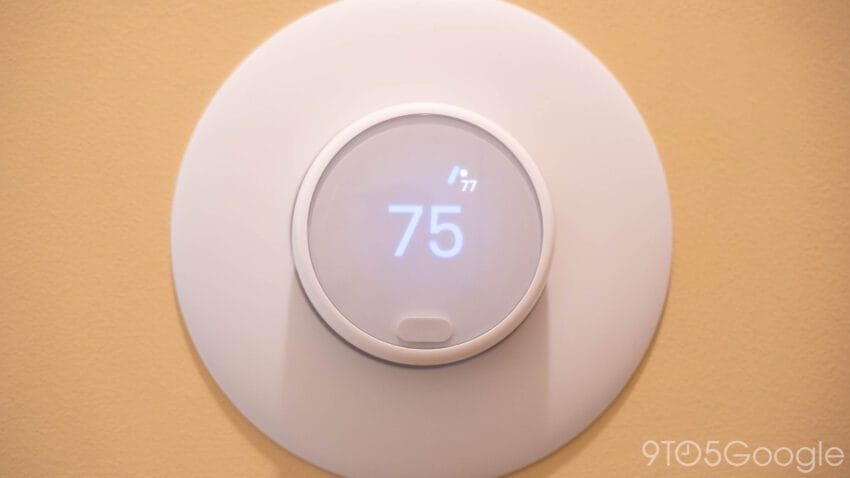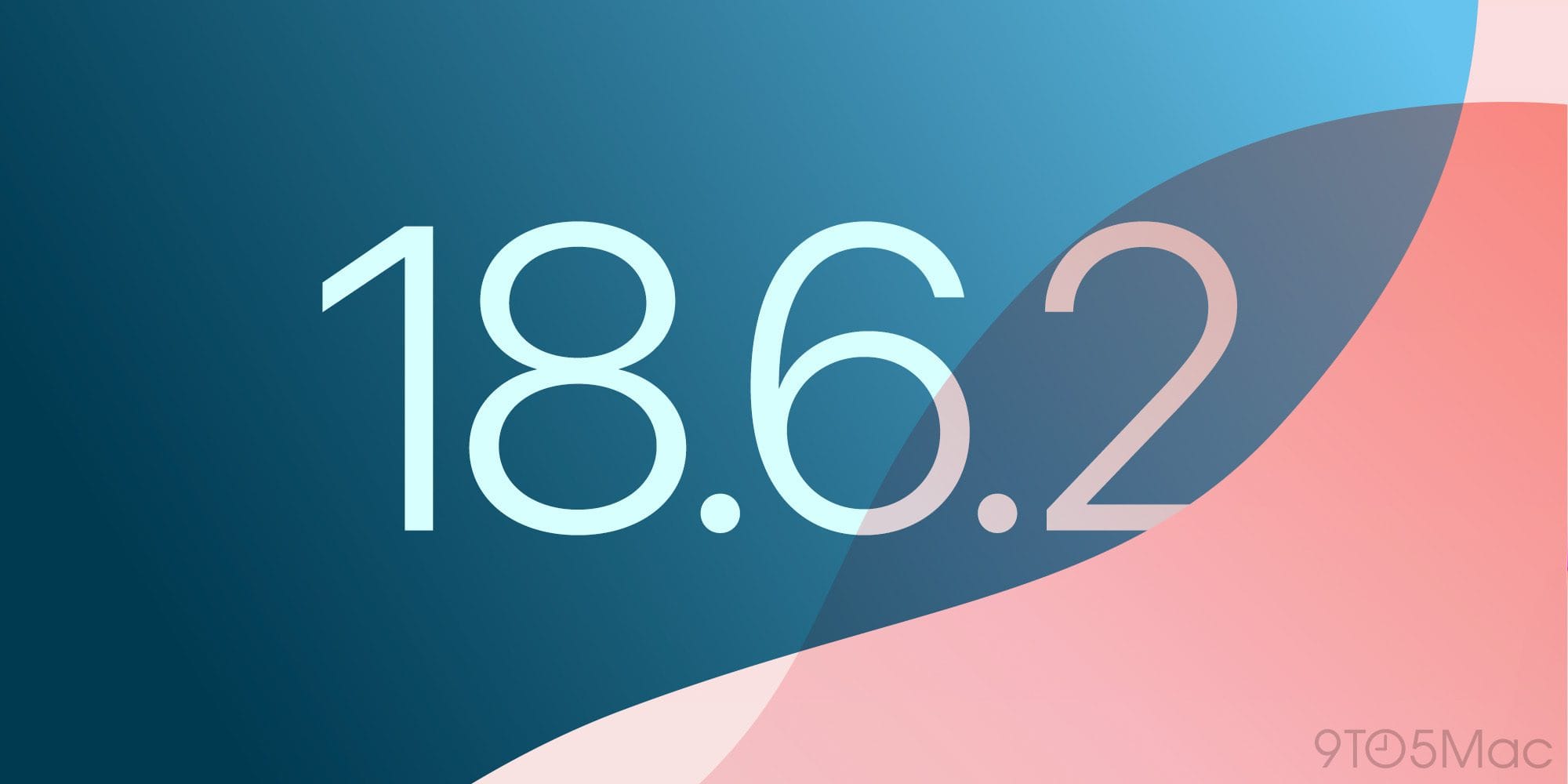
Google home app now fully supports older — The Google Home app has recently introduced full scheduling support for older Nest thermostats, addressing a long-standing limitation for users of these devices..
Google Home App Now Fully Supports Older
The Google Home app has recently introduced full scheduling support for older Nest thermostats, addressing a long-standing limitation for users of these devices.
Background on Nest Thermostats
Launched in 2011, the Nest Learning Thermostat marked a significant advancement in home automation technology. It was one of the first smart thermostats to learn user preferences and adjust heating and cooling automatically. Over the years, Nest has expanded its product line, which includes various models of thermostats, smoke detectors, and security cameras. However, as the technology landscape evolved, so did user expectations, particularly regarding compatibility and functionality.
Older Nest thermostat models, while still popular among consumers, lacked some of the features that newer models and competing products offered. One of the most notable deficiencies was the inability to set schedules through the Google Home app, a feature that many users found essential for optimizing energy use and enhancing convenience.
Recent Updates to Google Home App
In August 2025, Google announced that the Google Home app would now fully support scheduling for older Nest thermostats. This update is significant as it resolves a key limitation that users have been facing. Prior to this update, users could only control basic functions of their older devices through the app, such as adjusting the temperature or switching between heating and cooling modes. However, the absence of scheduling capabilities meant that users had to rely on manual adjustments or the original Nest app, which lacked integration with the broader Google Home ecosystem.
Key Features of the Update
The addition of scheduling support in the Google Home app includes several important features:
- Customizable Schedules: Users can now create personalized heating and cooling schedules that align with their daily routines.
- Remote Access: Scheduling can be managed remotely, allowing users to make adjustments from anywhere using their smartphones.
- Integration with Other Smart Devices: The updated app allows for better integration with other smart home devices, enabling users to create more complex automation scenarios.
- User-Friendly Interface: The scheduling feature is designed to be intuitive, making it easier for users to set up and modify their preferences.
Impact on Users
This update is particularly beneficial for existing Nest thermostat users who have been seeking a more integrated smart home experience. The ability to schedule temperature changes can lead to significant energy savings, as users can set their thermostats to reduce heating or cooling when they are not at home. According to the U.S. Department of Energy, properly programmed thermostats can save households an average of 10% to 30% on their energy bills.
Moreover, the integration of scheduling into the Google Home app enhances the overall user experience. Users no longer need to switch between different applications to manage their home automation needs, which streamlines the process and reduces frustration. This is particularly important for households with multiple smart devices, as it promotes a cohesive ecosystem.
Stakeholder Reactions
The response from Nest users has been largely positive, with many expressing relief that Google has addressed this long-standing issue. Social media platforms and online forums have seen an uptick in discussions surrounding the update, with users sharing their experiences and providing tips on how to make the most of the new scheduling feature.
Industry analysts have also weighed in on the update, noting that it reflects Google’s commitment to enhancing its smart home ecosystem. By ensuring that older devices remain functional and relevant, Google is not only retaining existing customers but also appealing to new users who may be considering smart home technology.
Market Implications
The introduction of scheduling support for older Nest thermostats may have broader implications for the smart home market. As more consumers embrace smart home technology, the demand for seamless integration across devices will continue to grow. Companies that can adapt and enhance their products to meet these demands are likely to see increased customer loyalty and market share.
Moreover, this update may prompt other smart home manufacturers to re-evaluate their support for older devices. If Google can successfully extend the lifespan and functionality of its older products, it may set a precedent for other companies in the industry. This could lead to a shift in how companies approach product updates and customer service, prioritizing long-term support over planned obsolescence.
Future Developments
Looking ahead, it will be interesting to see how Google continues to evolve the Google Home app and its associated products. The company has a history of rolling out updates and new features based on user feedback, and this latest enhancement is no exception. Future updates may include additional functionalities, such as enhanced energy usage analytics or integration with renewable energy sources, which could further optimize home energy management.
Conclusion
The recent update to the Google Home app, which now includes scheduling support for older Nest thermostats, represents a significant step forward in enhancing user experience and functionality. By addressing a critical gap in its product offering, Google is not only improving its smart home ecosystem but also reinforcing its commitment to customer satisfaction. As the smart home market continues to evolve, this update could serve as a benchmark for how companies approach product support and innovation.
Source: Original reporting
Further reading: related insights.
Was this helpful?
Last Modified: August 19, 2025 at 12:52 am
2 views















